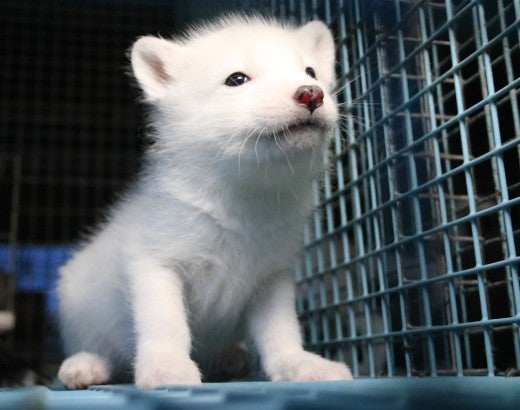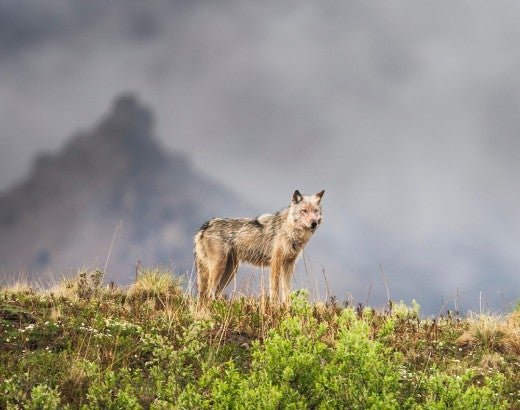Our mission is to build a more humane world for animals, and over the past few weeks, I have been reflecting on our progress toward this vision by recounting 2023’s wins for animals of all kinds: wildlife, dogs, cats and other companion animals, animals used in labs, and animals farmed for food and for fur.
A large part of what makes progress possible depends on the way the public perceives animals and their plights. For example, in the past, people may have thought that a lethargic puppy in a pet store window was simply cute, but now such a sight is more often understood as the result of a cruel puppy mill industry where deformities and diseases are rampant.
This is thanks in large part to the media coverage our undercover investigations and Horrible Hundred reports have earned. That people increasingly view animals as deserving of fair and just treatment is nothing less than an ongoing triumph. Raising the public’s awareness of animal issues helps people make informed decisions about so many things, from the pets they bring into their homes to the products they choose at the supermarket or the department store. In this way, mass media plays a critical role in transforming our society into a better and more just system for animals.
Our media relations team works with reporters around the world every day to emphasize that issues affecting animals, far from being niche interests, are urgent and relevant. Working with reporters and promoting key newsworthy stories about animals are just a few of the myriad ways we make an impact and help build a more humane world for animals. The team actively promotes the research, advocacy and investigations we carry out, garnering thousands of mentions in the news each year. Here are just a few of the powerful news stories about our work in 2023:
- Good Morning America did a wonderful story showing our first anniversary celebration of the rescue of nearly 4,000 beagles bred for laboratory use. FOX News and The New York Times also ran stories about these rescued beagles. High-profile news stories like these remind readers and policymakers about the urgent need to invest in non-animal research methods.



